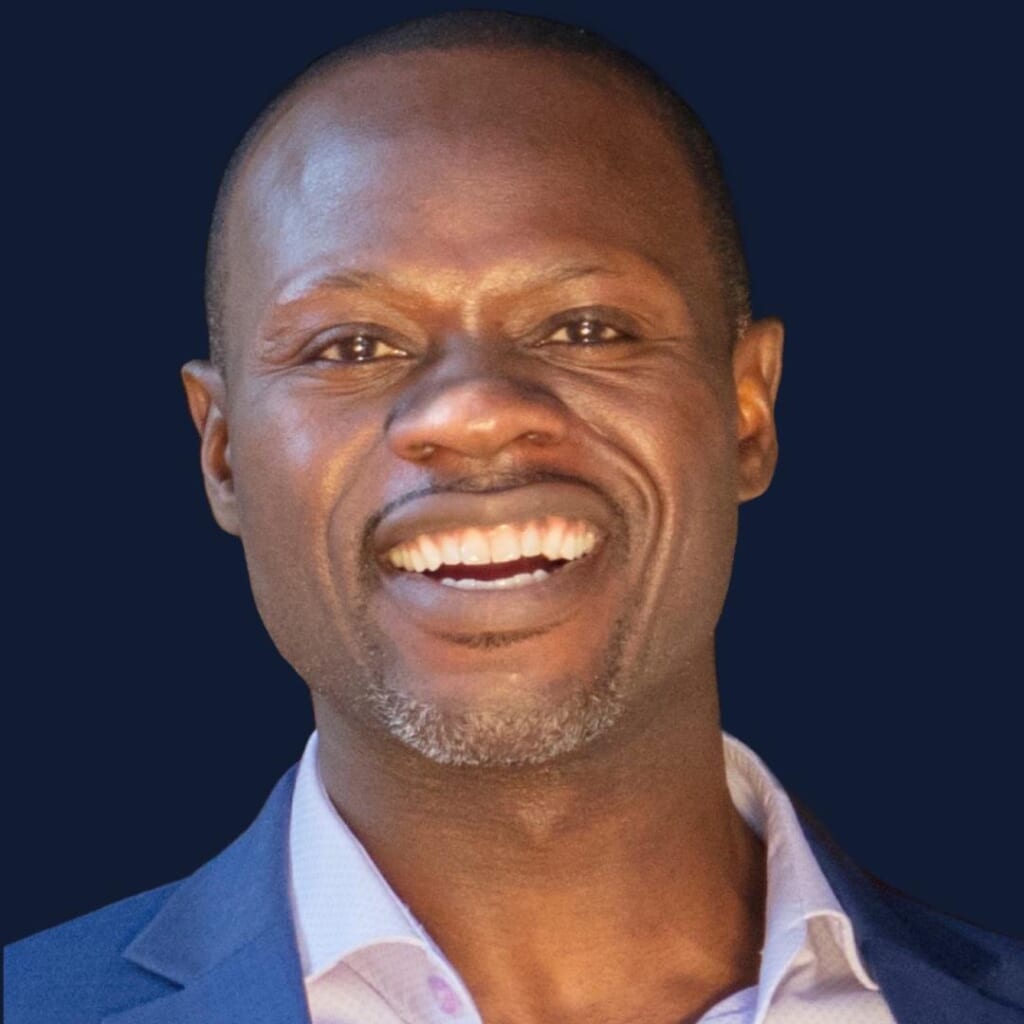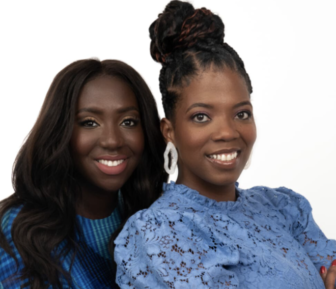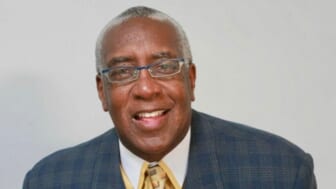A Nigerian immigrant who became an Army captain, graduated law school and later ran for statewide office has taken on another challenge — raising $25 million in venture capital for underserved demographics.
Yinka Faleti is a partner at Ascend Venture Capital, a micro-venture capital firm based in St. Louis that backs startup founders seeking to scale their businesses.
Historically, minorities and women leading startups have found securing venture funding to be a difficult task.
“Venture capital sits in the space where it is a kingmaker,” not only for investors and founders, “but the employees, the communities in which these companies are grounded, and all of the second-and third-party beneficiaries of the success of these companies,” Faleti told theGrio.
Faleti proudly notes that seven of 18 companies in Ascend’s portfolio, or 39%, were founded by women, people of color or immigrants.
The fund seeks to support those existing companies and invest in new ones that offer data-centric services in the tech space.

Black startups, for example, received just 1% of VC monies in the first half of 2021 — $1.8 billion compared to the $147 billion awarded, according to CrunchBase. It’s even worse for Black women founders, whose companies raised $494 million in the first half of 2021 — just 0.34% of the total available in venture capital funds.
Faleti himself is in rare air. Black people make up less than half of a percent of venture capitalists, according to a Harvard University study.
Of all the capital deployed by venture capital firms in the U.S., 93% is controlled by white men, Faleti said. A Nigerian American raising $25 million in capital for Ascend, a firm founded by a Korean American, is “unheard of,” he said.
Dan Conner, Ascend’s founder and general partner, said Faleti has “an amazing story.”
“I think that people like that end up humble and continue to serve in myriad ways,” Conner told theGrio. “That value system is exactly what we’re looking to bring on and cultivate further at Ascend. So he’s easy to get for us. He’s an amazing hire.”

Beginning in 1975 and before he was born, Faleti’s family began coming to the U.S. gradually when his father immigrated from Nigeria. His mother immigrated three years later, while Faleti stayed with his grandmother in Africa. Finally, when he was seven years old, Faleti came to the U.S., where, for the first time, he met his father and two young sisters, who were born while he was still in Nigeria.
Faleti graduated from the U.S. Military Academy at West Point in 1998 with a degree in engineering and served six years in the Army. He rose to the rank of captain and had two deployments in Kuwait as part of Operation Desert Spring before 9/11 and Operation Enduring Freedom in response to 9/11.
“It felt good to be part of a group of people who could do something about the attacks on our country,” Faleti said. He loved being part of a big mission, and that experience would inform his career choices.
He returned to the states and earned his law degree from Washington University in St. Louis. Upon graduating, he worked for a private law firm and then as a state prosecutor in Missouri.
But something bothered him about that job.
“Over 90% of the people I was prosecuting looked just like me,” he said. He decided he didn’t want to be at the end of a judicial process that’s often too late to help Black people; he wanted to be on the front end and effect change that could help improve lives.
That led him to the United Way of Greater St. Louis. He led the fundraising efforts as senior vice president of Philanthropic, Donor, and Community Services. Over four annual campaigns, his division raised $300 million for programs that helped the community.
He became executive director of the nonprofit Forward Through Ferguson, formed after the shooting death of Michael Brown Jr. to promote racial equality and help solve issues of inequity and is focused on the St. Louis region.
Brown, 18, was shot and killed by a white police officer in 2014 and his death sparked civil unrest.
Faleti called his work with Forward through Ferguson the hardest he’s done.
“How do you undo generations of inequity in a year or five? You can’t. That’s generational work. We’re doing this hard work,” he said.
“As we began to pull the thread on the (inequitable) systems we were trying to dismantle — education, healthcare, criminal justice — the more we pulled the thread, the more the thread went all the way up to our state capital, where the policies and procedures were being made and affecting people on the ground negatively.”

He decided to run for secretary of state in Missouri, securing the Democratic nomination but losing in the general election.
After the election, he met with Conner and “began to see venture capital as a lever, as a tool to help ameliorate economic inequity, so that the next 250 years of this country look vastly different than its first 250 years,” he said.
Faleti wants to open opportunities for new companies not in Ascend’s portfolio, finding gems that “are under rocks that haven’t yet been turned over,” he said.
“They become the next Google, and we say, ‘Ascend Venture Capital discovered that founder under that rock that the rest of you didn’t even know was there because you weren’t looking,’” Faleti added. “And our investors are better off, the founders are better off, and the communities in which those companies are founded are the better off.”
TheGrio is FREE on your TV via Apple TV, Amazon Fire, Roku and Android TV. Also, please download theGrio mobile apps today!
Credit: Source link


Comments are closed.